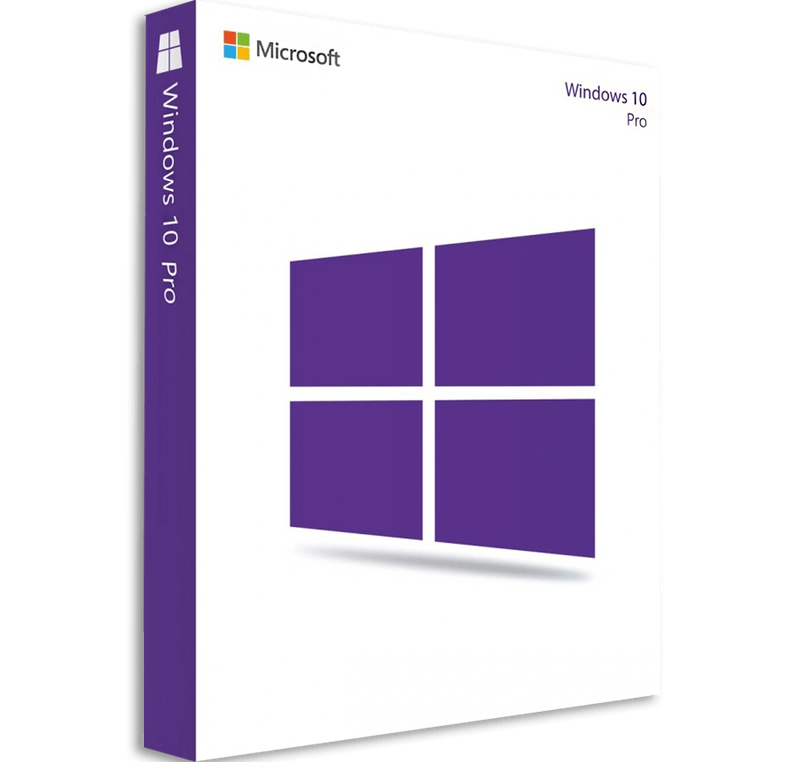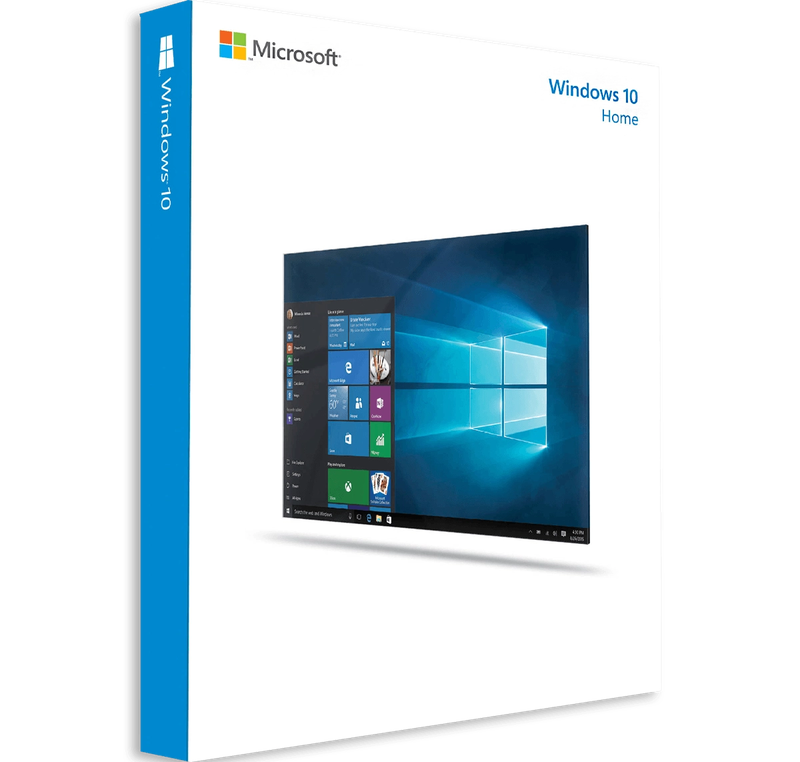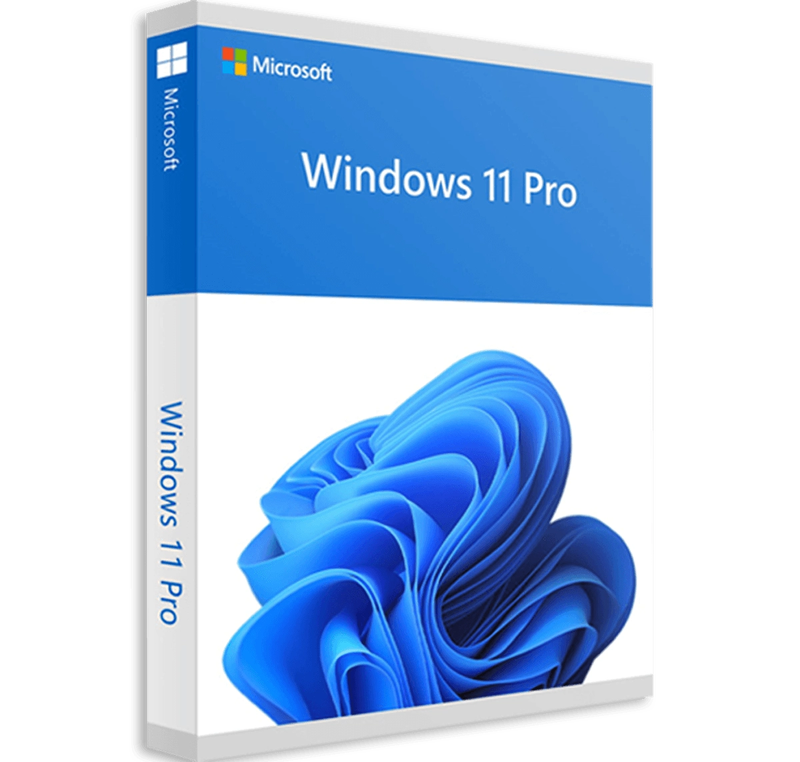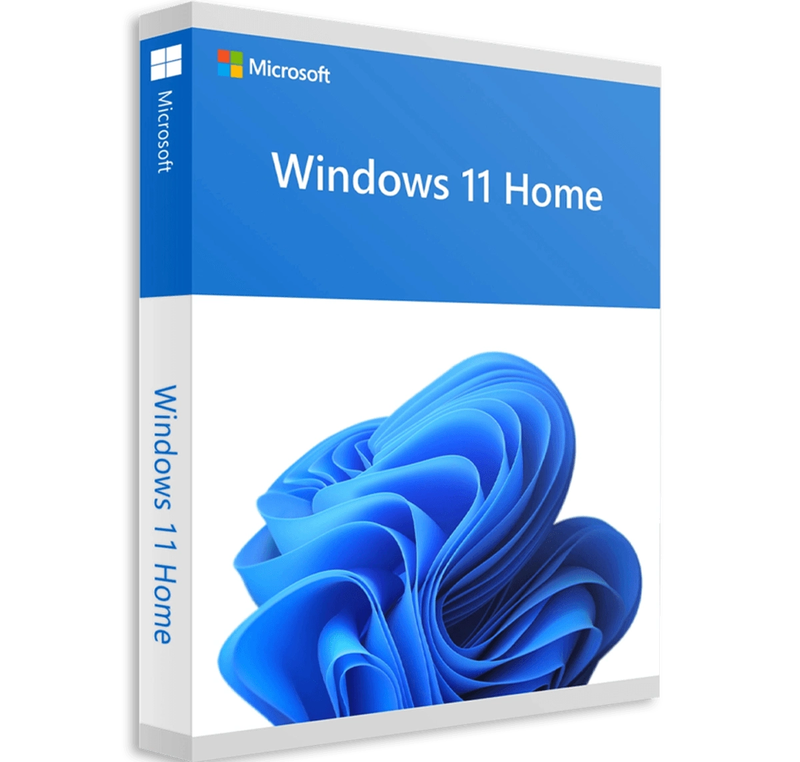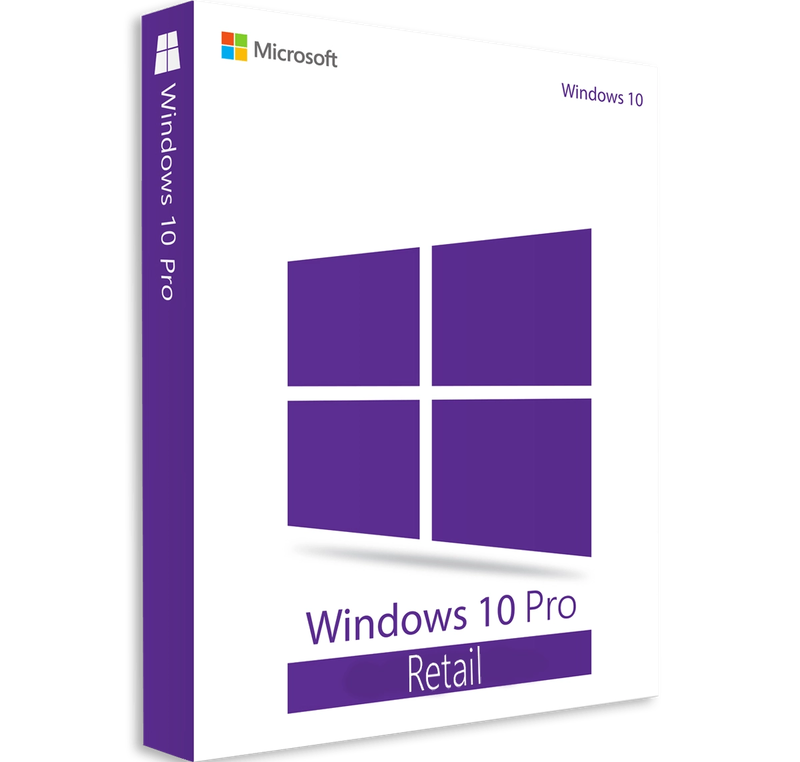Windows 10 vs Windows 11: Which one is right for you?
There’s a new operating system on the horizon, and that means it’s time to take a look at Windows 10 vs Windows 11. Which one is right for you? Windows 10 has been around for a while now, and it’s been through a few iterations. It’s a tried and true operating system that’s familiar to most users. But Windows 11 is just around the corner, promising some new features and improvements. So, which should you choose? Here’s a rundown of both operating systems to help you make your decision.

Windows 10 vs Windows 11: Similarities
Windows 10 and Windows 11 are both operating systems that were released by Microsoft. Both operating systems have a lot of similarities, but there are also some key differences. Here is a look at some of the similarities and differences between Windows 10 and Windows 11.
Both Windows 10 and Windows 11 come with a Start menu. This is where you can access all of your apps and files. Both operating systems also have a taskbar that shows you which apps are currently running.
Both Windows 10 and Windows 11 come with the Cortana digital assistant. This feature allows you to use your voice to search for files or open apps. You can also ask Cortana questions about the weather or other topics
One similarity between these two operating systems is that they both allow you to snap windows into place so that you can have multiple windows open at the same time. This is a great way to increase your productivity when working on multiple tasks simultaneously.
Windows 10 and Windows 11 also both support virtual desktops. This feature allows you to create multiple desktops so that you can keep different types of tasks separate from each other. For example, you could have one desktop for work tasks and another desktop for personal tasks.
Another similarity between these two operating systems is that they both come with the Edge browser pre-installed. Edge is a fast and secure browser that has many features designed to make web browsing easier and more efficient.
Windows 10 vs Windows 11: Design & Interface
Windows 10 and Windows 11 are both visually appealing operating systems with a sleek design. However, Windows 10 has a more modern look and feel to its interface, while Windows 11 looks more like a traditional desktop interface.
When it comes to the overall design, Windows 10 is the clear winner. It features a minimalistic yet sophisticated design that is easy on the eyes. The Start menu has been redesigned and is now more user-friendly, while the Action Center provides quick access to all your important settings and notifications.
Windows 11, on the other hand, has not seen any major redesigns. The Start menu still looks like it did in previous versions of Windows, and there are no significant changes to the rest of the interface. That said, Windows 11 does offer some new features that may appeal to some users, such as a built-in screenshot tool and support for virtual desktops.
Windows 10 vs Windows 11: Compatibility
Windows 10 and Windows 11 are both compatible with a wide range of devices and software. However, there are some key differences to be aware of when deciding which operating system to use.
For example, Windows 10 is the only operating system that can be used with the latest versions of Microsoft Office and Adobe Creative Cloud. Windows 11 is not compatible with these programs.
Additionally, Windows 10 offers support for newer hardware such as USB Type-C and Thunderbolt 3. Windows 11 does not offer this support.
Finally, Windows 10 has a more user-friendly interface than Windows 11. It is also easier to find help and troubleshooting online for Windows 10 than it is for Windows 11.

Windows 10 vs Windows 11: Security
There are a number of reasons to upgrade to Windows 10, but increased security is one of the most important. With each new release of Windows, Microsoft has made significant strides in making the operating system more secure. Here’s a look at how Windows 10 compares to Windows 11 when it comes to security:
Windows 10 includes several security features that are not available in Windows 11. For example, Windows 10 includes antimalware protection with Windows Defender, which helps protect your PC from viruses, malware, and other threats. Windows 11 does not include this protection.
In addition, Windows 10 includes a number of features that make it more difficult for hackers to gain access to your system. For example, Windows 10 requires all users to have a password-protected login account. In contrast, any user can log into a Windows 11 machine without a password.
Finally, Windows 10 offers BitLocker encryption for your hard drive. This feature makes it much more difficult for someone to access your data if they steal your laptop or computer. BitLocker is not available in Windows 11.
Overall, Windows 10 is the more secure operating system compared to Windows 11. If security is a priority for you, then upgrading to Windows 10 is the best choice. However; As we've seen, Windows 11 requires that the user has TPM 2.0 enabled and a CPU that supports secure boot. These help enhance the security of your device by ensuring it is protected against malware. And, with password-less security becoming more widespread, Windows 11 takes the step of increasing its focus on security to become passive as well.
Windows 10 vs Windows 11: Gaming
When it comes to gaming, Windows 10 and Windows 11 are pretty evenly matched. Both operating systems offer great performance and support for a wide range of games. However, there are a few key differences that may make one or the other more appealing to gamers.
Windows 10 has native support for DirectX 12, which can provide a significant boost to game performance. It also offers features like Game DVR and Game Mode, which can improve your gaming experience. However, Windows 10 does have some drawbacks for gamers. For example, it doesn’t offer as much customization or control over your gaming environment as Windows 11 does.
Windows 11, on the other hand, offers a more customizable gaming experience. You can use the new Gaming Hub to easily find and launch games, manage your game library, and adjust settings like resolutions and graphics quality. Windows 11 also includes a new Game Mode that optimizes your system for gaming by reducing background processes and giving you more resources for games. However, one downside of Windows 11 is that it doesn’t yet have widespread adoption, so some games may not be compatible with it yet.
Overall, both Windows 10 and Windows 11 are great choices for gamers. If you’re looking for the best performance possible, go with Windows 10. If you want more customization and control over your gaming environment, go with Windows 11.
Operating System: Choose What's The Best For You!
Windows 10 and Windows 11 can actually have a lot of differences and similarities, so it's important to make sure that you're matching up versions.
When you're looking for activation keys for your new devices, Livecards is one of the most well-known global software marketplaces. Majority of Windows purchases made on Livecards are by customers coming to the website specifically for activation keys.
Here at livecards you can rest assured that you will get original activation keys at a very low price. why break your bank if you can get it cheap right? We have 24/7 Customer Support, you'll get Instant product delivery with No hidden costs.
A Good look at the Windows Operating System that will suit you depends on how you will use it that will fit the way you live, whether you're an office geek, a student, streamer or just a casual gamer; you deserve the best and only the better option that'll match your needs.
Good thing to keep in mind in choosing what's the right OS for you is making sure your device meets the recommended system requirements. You can also download the application PC Health Check that will tell you if your device supports Windows 11.
